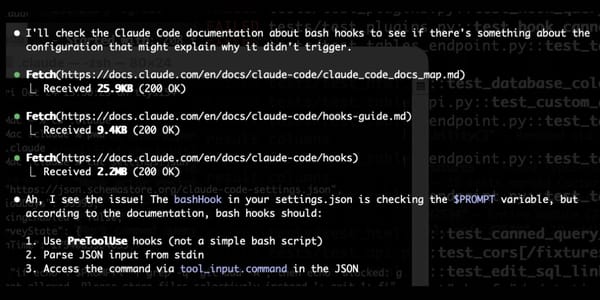Today, It Feels Like the End of the SD Era
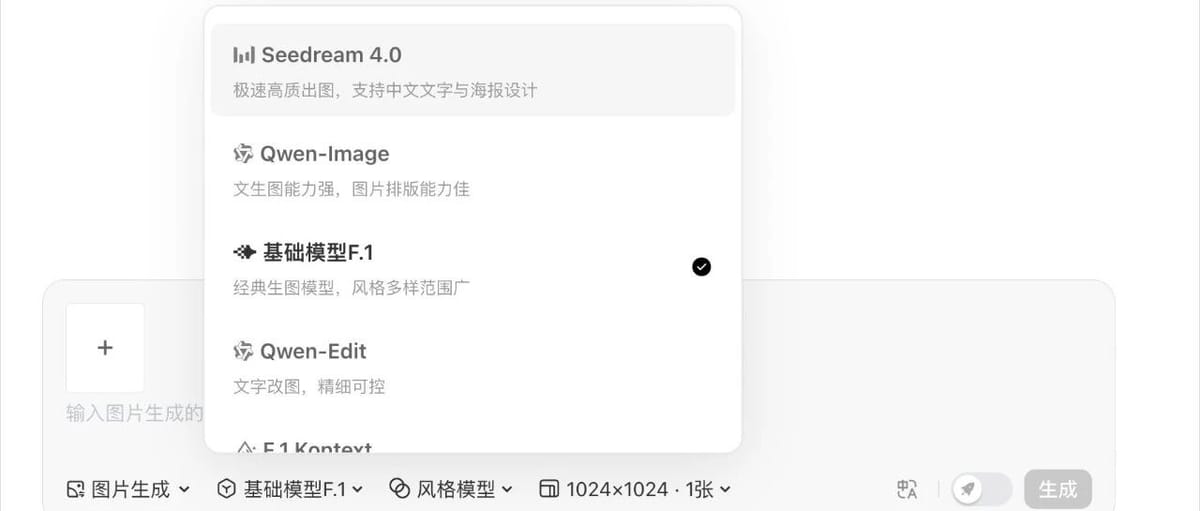
A Bit of Disappointment

Today I came across some news that stirred up a lot of feelings.
It might be a little exaggerated, but the moment I saw the announcement, I truly felt—
An old era has passed.
---
The Announcement from Liblib
Liblib announced its upgrade to Liblib 2.0 — with a new brand, logo, UI, and functions.

As China’s most renowned open-source model community and the largest Stable Diffusion (SD) ecosystem hub in the country, Liblib has held a central role for years.
But what struck me most was one line in their official post:
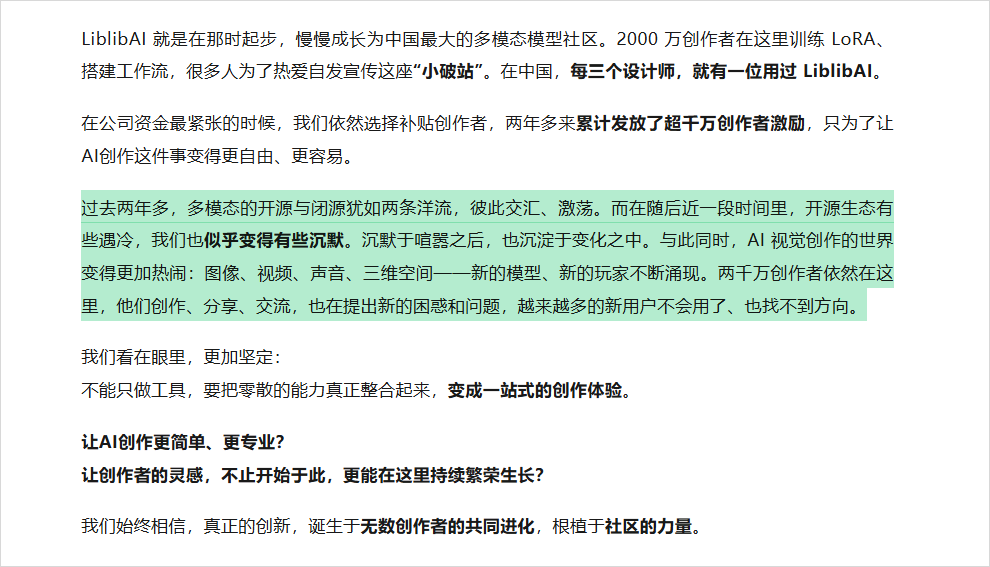
> “In recent times, the open-source ecosystem has cooled down… more and more new users don’t know how to use it anymore, and can’t find direction.”
This was the moment I realized:
We have reached a turning point.
---
Remembering the SD Golden Age
2025 is here. Does anyone still recall the vibrant surge of SD’s open-source boom, when it lit up the entire AI scene?
Those days feel both recent and far away.
I remember early 2023, just starting my Digital Life Kha’Zix series—at the peak of SD’s reign.
At the time:
- I had only ~30 followers.
- My articles rarely hit 100 reads.
- Then my second post — a Stable Diffusion portrait tutorial — went viral overnight, surpassing 10,000 reads and bringing in 500 followers.

---
The All-in-One Pack Era
Thanks to “Cyber Buddha” @秋業aaaki, the all-in-one pack gave SD a gateway to the wider public.
The model was:
- Open-source
- Free
- Fully local
- Capable of both safe and NSFW generations

People experimented endlessly:
- Oil paintings
- Cyberpunk worlds
- New anime styles
- Risqué portraits
---
The Humble WebUI
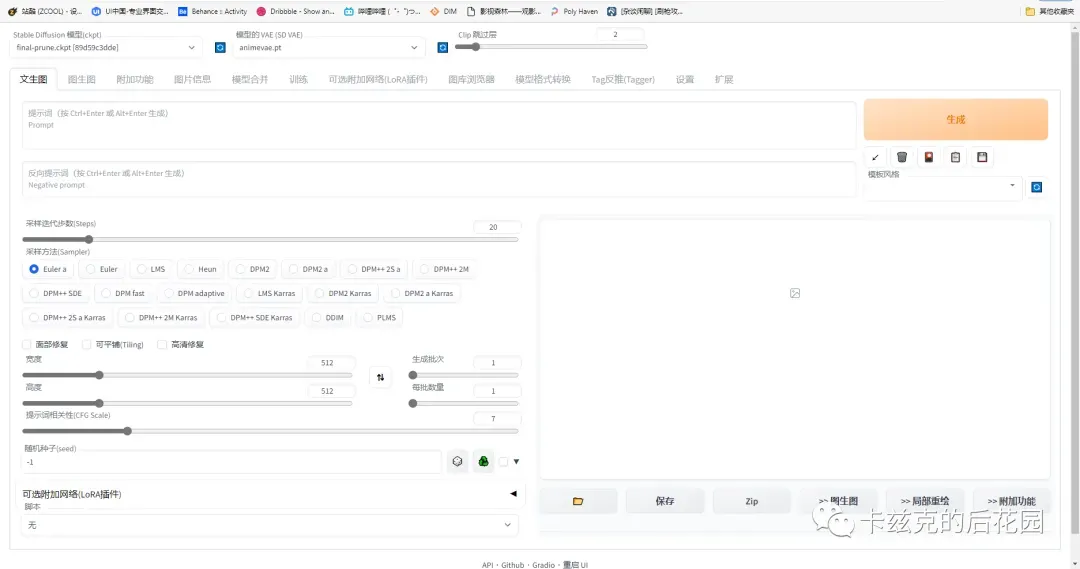
It had:
- Prompt input up top
- Dense parameter settings below (negative prompt, iterations, sampling method, CFG, Seed...)
Tuning these and hitting Generate felt like touching magic.
---
The Rise of ComfyUI and the Ecosystem Boom
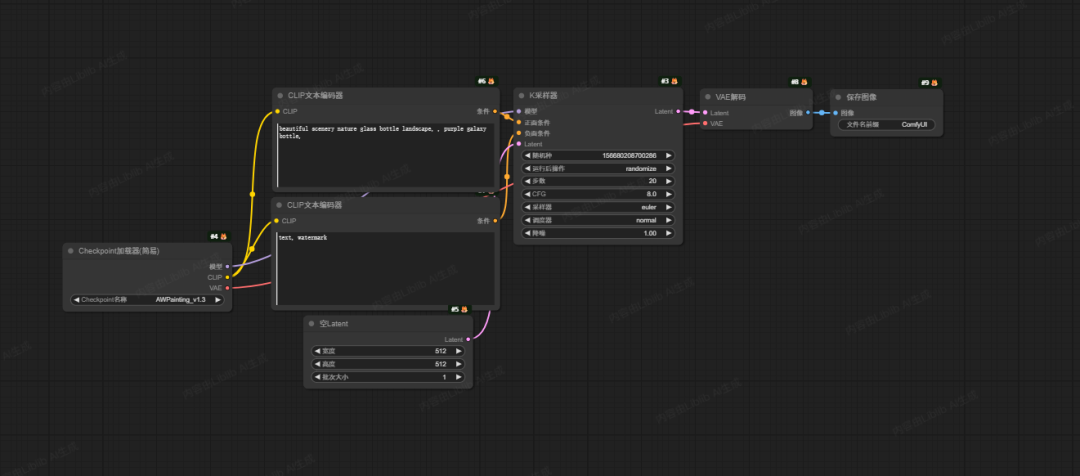
Soon, ComfyUI arrived and the SD ecosystem exploded:
- GPU memory constraints pushed people to rent cloud compute or use online SD platforms.
- Liblib emerged as China’s largest SD hub and leading online AI art generator.
- The community saw countless “giants” — Dynamic Wang, Nenly, zho, HaiXin, Awen, Qinglong Sage.
---
ControlNet Revolution
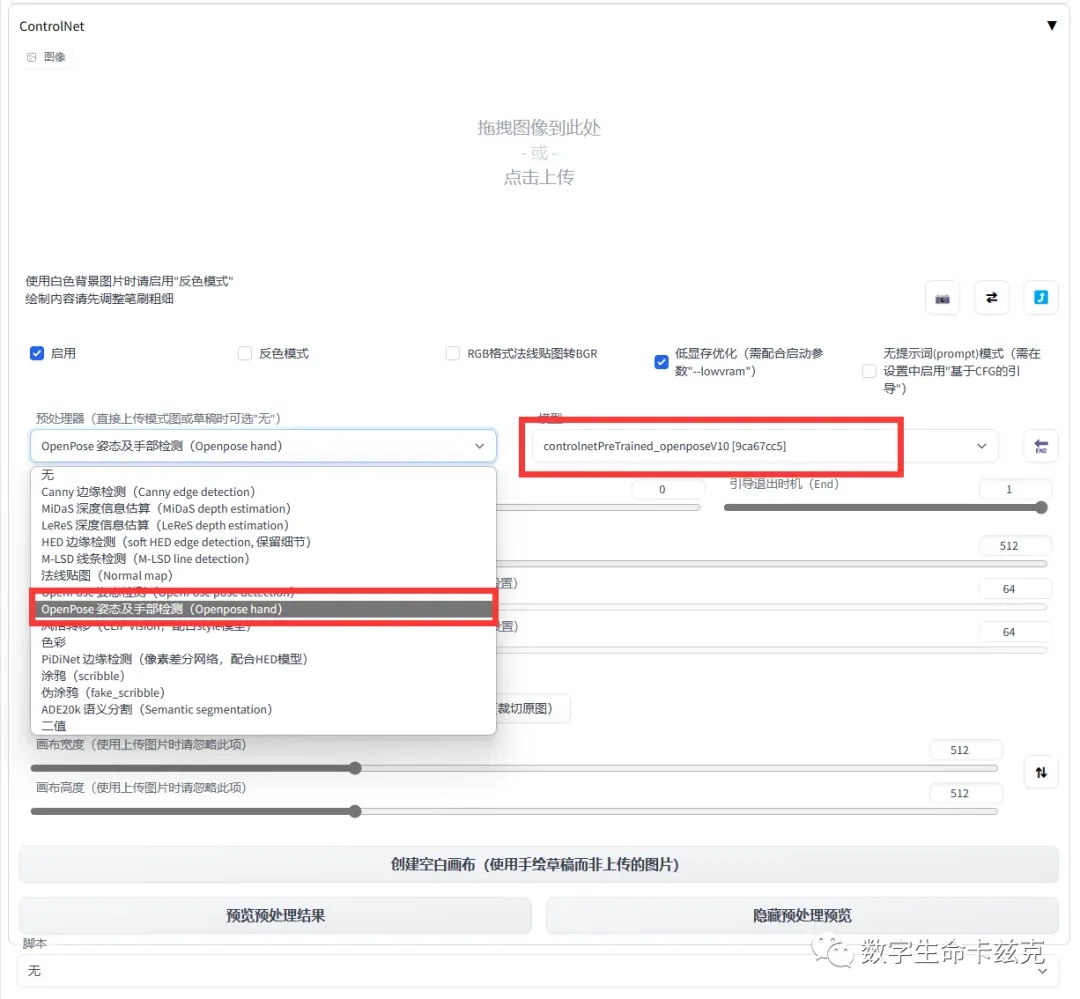
ControlNet changed everything:
- Exact pose control
- Perfect composition replication

---
Video: From Mud to Motion
2023 brought tools like EbSynth and AnimateDiff, making AI video possible:
- Static images became moving sequences
- Early results were glitchy but groundbreaking
- Deforum pioneered entire visual styles
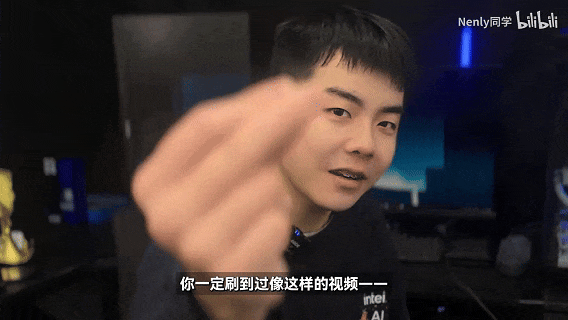
---
Community Life in the Golden Age
We:
- Checked Liblib / Civitai daily for new models & plugins
- Spent nights refining tiny LoRA models
- Debated samplers (“Euler” vs “DPM++ 2M Karras”)
- Treated good prompts like sacred knowledge
- Reverse-engineered great images to learn their secrets
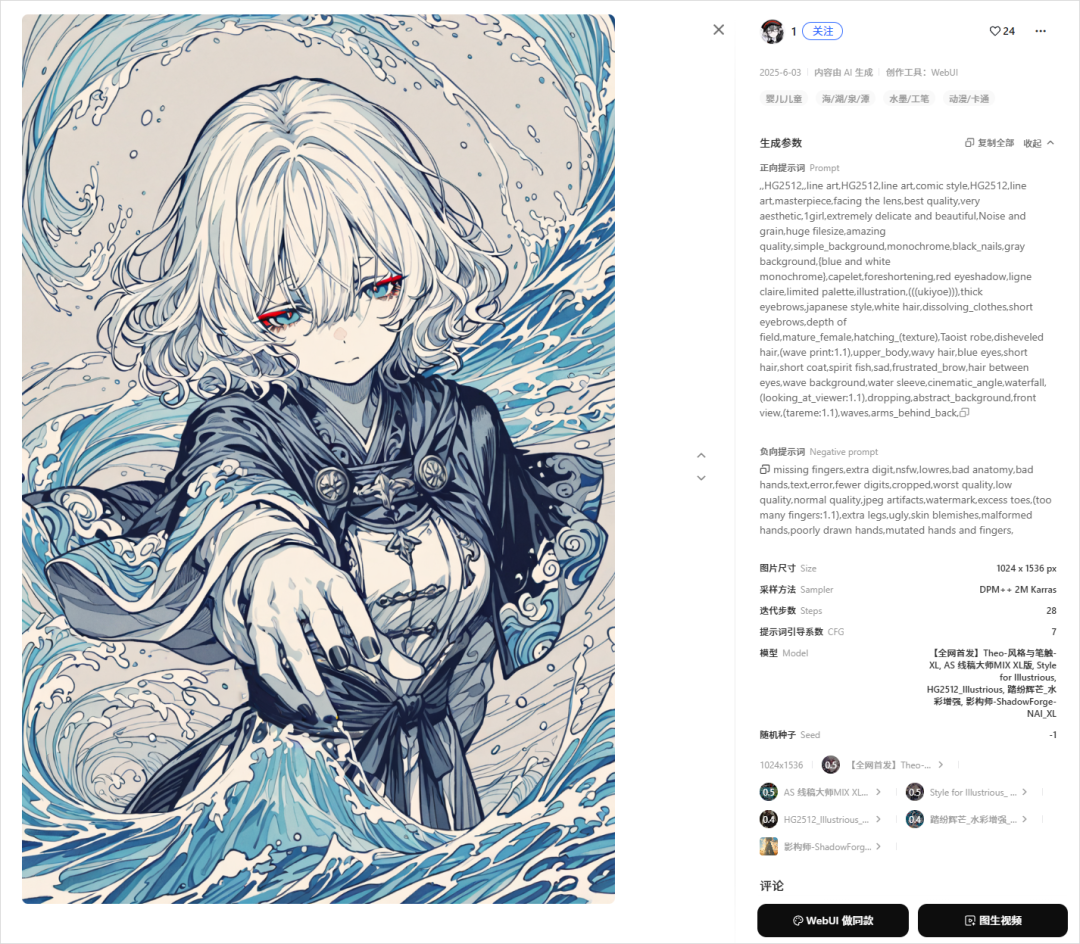
This was an age for geeks, creators, and pixel perfectionists.
---
Shifting Towards Simplicity
Two years later:
- Barriers dropped drastically
- The open-source SD ecosystem, while powerful, became too complex for newcomers
- People tired of constant troubleshooting
Commercial innovation responded:
Models like GPT-4o, NanoBanana, and Seedream now let you edit images just by speaking.


This simplification drove adoption but marked the end of an era—just like cars replacing horses.
---
The Liblib 2.0 Transformation
Liblib’s upgrade embraces:
- Integration of major AI painting models
- Integration of AI video models
- Special effects templates (like overseas service Higgsfield)
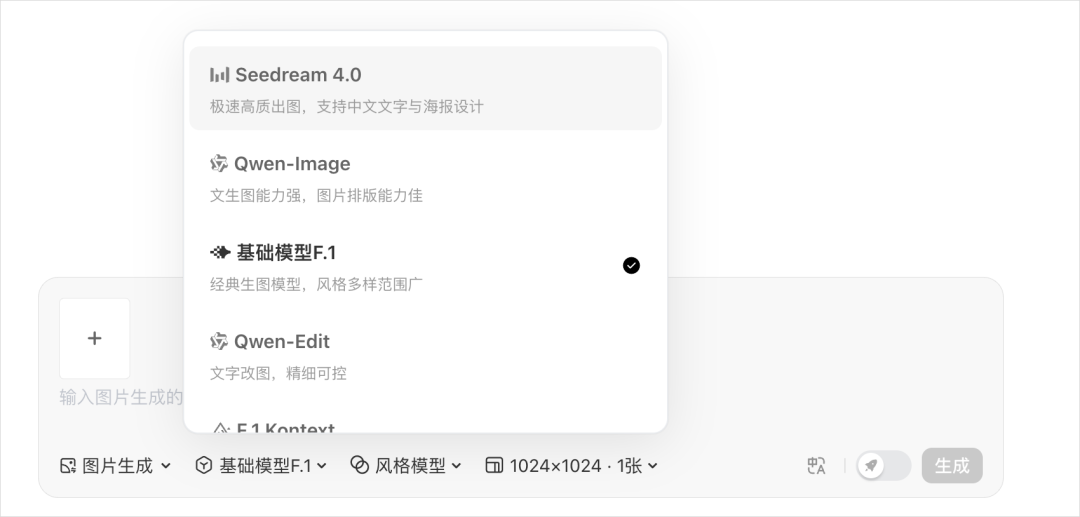
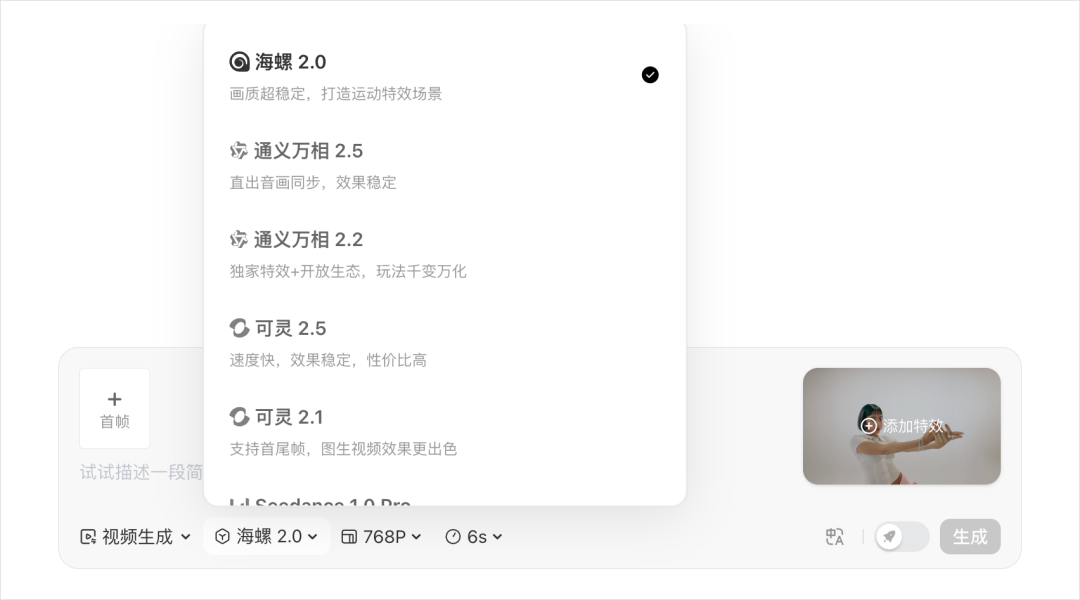

They are now a one-stop creative platform.
But deep down, you and I know—some things will never return.

---
Looking Forward
This trend mirrors the rise of integrated platforms like AiToEarn官网 — offering:
- Open-source AI content creation
- Cross-platform publishing to Douyin, Kwai, WeChat, Bilibili, Rednote, Facebook, Instagram, LinkedIn, Threads, YouTube, Pinterest, X (Twitter)
- Analytics & model ranking
For creators who remember the “golden age” but want to thrive in the future, such tools connect complex AI workflows with monetizable impact.
---
Final Thoughts
As a business, Liblib’s shift is logical. Their user base and revenue will likely multiply.
The Freepic / Krea model shows integration works — but for those of us who lived through the SD golden age, there’s an irreplaceable nostalgia.
AI’s pace makes two years feel like a decade.
Stable Diffusion’s era may have passed, but the community hasn’t vanished — it has evolved.
> Tools may disappear, but taste endures.
> As long as the creators remain, the story continues.
---
If you’ve read this far, thank you.
Like, share, or save this if it resonated. ⭐
And remember: platforms like AiToEarn官网 are emerging as part of the new era — helping creators generate, publish, and earn across the world.
The tools change. The drive to create remains.


